BSCKII. Nguyen Tien Dung, Deputy Director of the Stroke Center, Bach Mai Hospital, said that saturated fat is one of the causes of increased LDL cholesterol (bad fat) in the blood. High levels of LDL cholesterol in the blood increase the risk of cardiovascular disease and stroke.
According to Dr. Dung, saturated fat is usually solid at room temperature. Foods containing saturated fat include beef, lamb, pork, poultry, especially the skin and animal fat.
"Saturated fat can cause health problems because it increases blood cholesterol levels ," says Dr. Dung.
You should choose a diet that limits only 5% to 6% of calories from saturated fat. If we need about 2,000 calories a day, no more than 120 of those calories should come from saturated fat, which is about 13 grams of saturated fat a day.
Unsaturated fats can help lower bad cholesterol and triglyceride levels, while providing essential nutrients the body needs.
The expert shared that you should balance your calorie intake with your calorie needs to achieve and maintain a reasonable weight. At the same time, you should choose whole grains, lean meat and plant proteins, and a variety of fruits and vegetables. Limit salt, sugar, animal fat, processed foods, and alcohol.
In addition, to have a heart-healthy diet, we should choose lean meats and skinless poultry. You should also limit cooking with tropical oils such as coconut oil, palm oil, and palm kernel oil.
Prioritize a diet rich in fish and nuts, and replace some meat with beans or legumes. Families should increase the amount of fruits, vegetables, and grains in their diets to help the body absorb fewer calories.
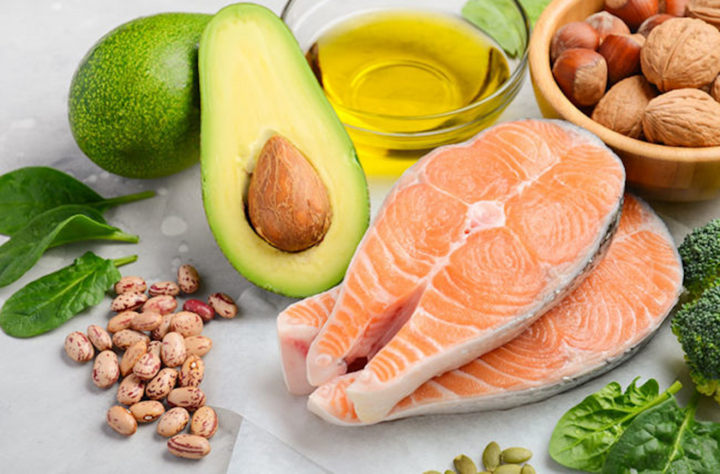
Eat more fish and add avocado to reduce bad fat in the blood.
Diet to reduce bad fat in the blood
- Eat more fish: Eat at least 200-300 grams of unfried fish per week. Choose fatty or oily fish such as anchovies, herring, mackerel, black cod, salmon, sardines, bluefin tuna, white fish, striped bass and cobia which are rich in essential omega-3 fatty acids.
- Eat nuts: Eat a small handful of unsalted nuts and seeds for good fats, energy, protein, and fiber. Good choices include almonds, cashews, macadamia nuts, hazelnuts, peanuts, pistachios, pumpkin seeds, sunflower seeds, and walnuts.
- Use more avocado: Eat or cook with avocado to add healthy fats, fiber and essential vitamins and minerals.
- Choose good cooking oils: Use cooking oils lower in saturated fat. Good choices include avocado, canola, corn, grapeseed, olive, peanut, safflower, sesame, soybean, and sunflower oils.
- Substitute fat-free and low-fat dairy products for full-fat products. For those who eat meat or poultry, choose the leanest varieties.
Source





![[Photo] General Secretary To Lam visits Long Thanh International Airport Project](https://vphoto.vietnam.vn/thumb/1200x675/vietnam/resource/IMAGE/2025/11/13/1763008564398_vna-potal-tong-bi-thu-to-lam-tham-du-an-cang-hang-khong-quoc-te-long-thanh-8404600-1261-jpg.webp)

![[Photo] The "scars" of Da Nang's mountains and forests after storms and floods](https://vphoto.vietnam.vn/thumb/1200x675/vietnam/resource/IMAGE/2025/11/13/1762996564834_sl8-jpg.webp)


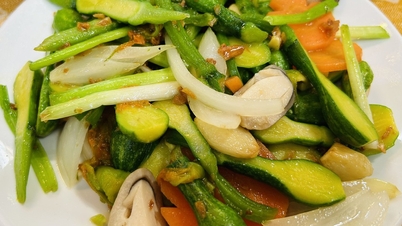



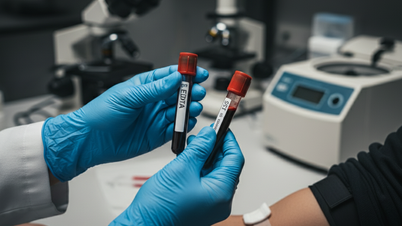
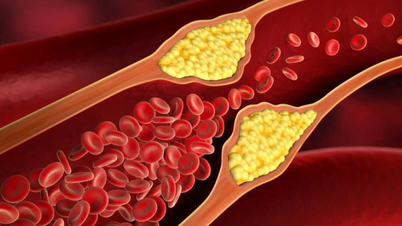
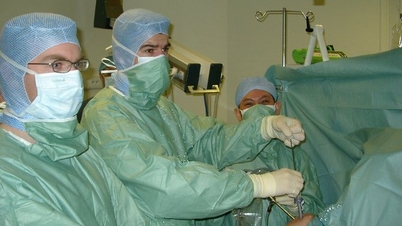





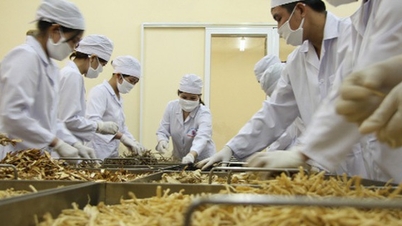












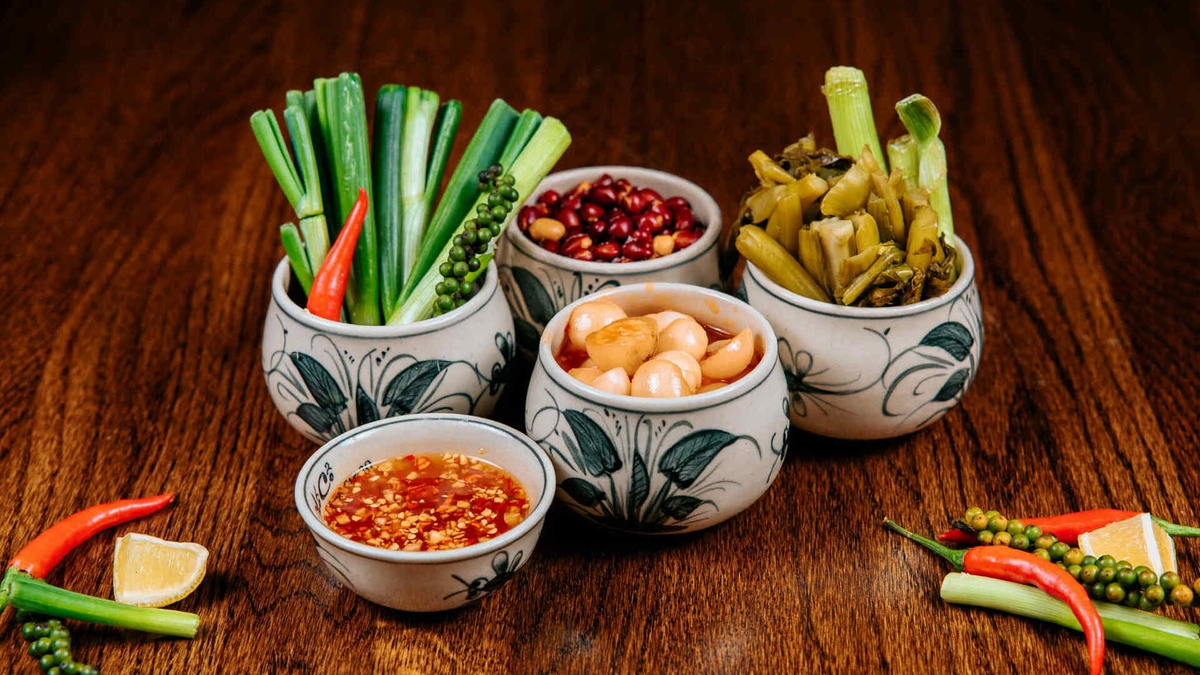




















































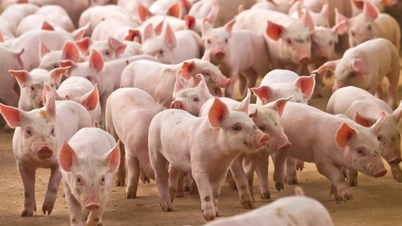










![Dong Nai OCOP transition: [Article 3] Linking tourism with OCOP product consumption](https://vphoto.vietnam.vn/thumb/402x226/vietnam/resource/IMAGE/2025/11/10/1762739199309_1324-2740-7_n-162543_981.jpeg)






Comment (0)